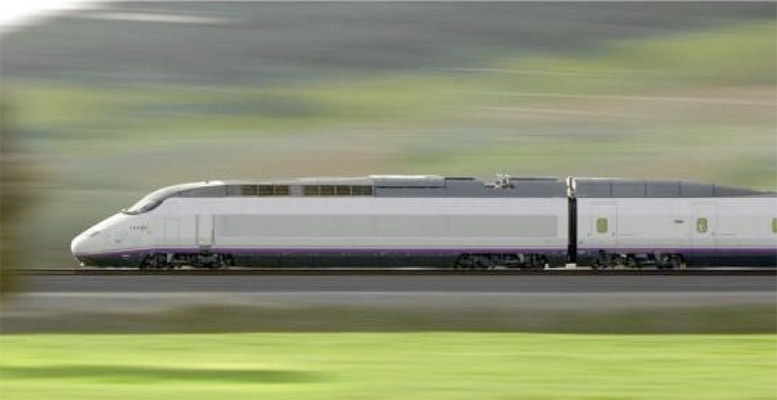Yesterday, while the Minister of Transport, Óscar Puente, was appearing in Congress to explain the problems suffered by Spain’s railway network this summer (when four out of 10 trains had issues and the average delay on high-speed lines was 20 minutes), ADIF’s computer system—responsible for the rail network—crashed. This created new chaos in Madrid’s stations, especially at Chamartín. The incident ended up affecting thousands of passengers and all trains with Madrid as their final destination.
Was it just a case of bad luck that Transport Minister Óscar Puente’s appearance in Congress coincided with new rail chaos? According to passengers stuck in the stations, no. As one woman in Chamartín explained to a television news crew, “this year I’ve taken four trains and had problems with three of them.”
According to the minister, incidents due to external causes—such as electrical issues and fires—have increased by 23 percent. However, he admits that the advanced age of the rail fleet—”We have rolling stock in the final stretch of its useful life, with an average age of more than 20 years”—will lead to more problems for users over the next two years. “New trains haven’t been added to the local rail network since 2008, and none have been added to the medium and long-distance lines since 2010… until the failed Avril trains arrived.” According to the minister, it is normal for new trains to also cause problems at the beginning of their operation.





